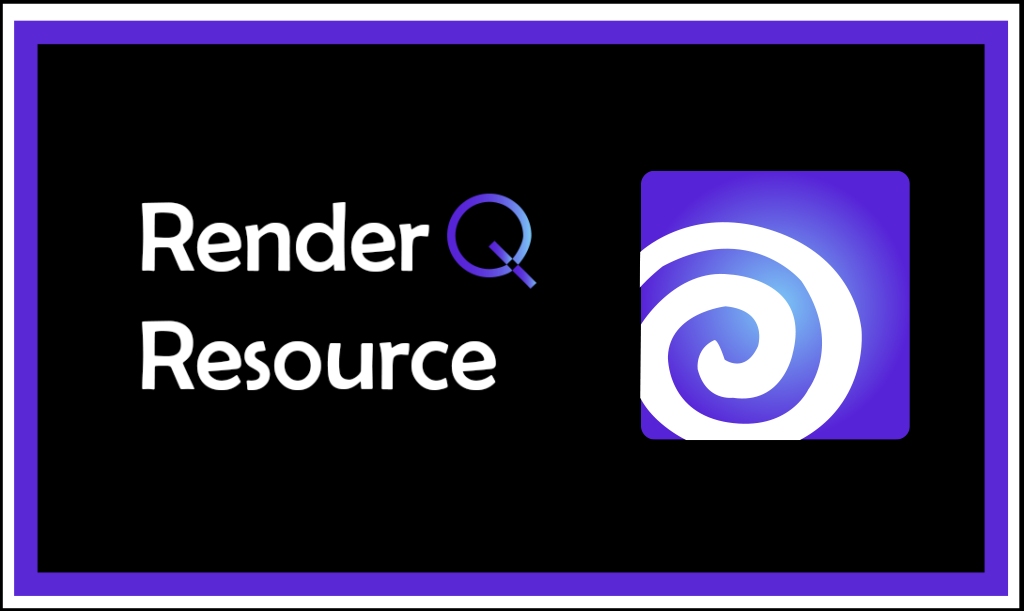Guide to Houdini Nodes
Houdini is a node-based 3d software capable of creating some of the most breathtaking VFX, animations, models, and procedural effects. Speaking from someone who comes from using Maya, Houdini is a little intimidating to use for new users. Understanding the different nodes and their uses is key towards mastering the software and creating Hollywood standard effects.
The first thing to understand about nodes is the different types. There are 10 different node types, all with many nodes that fall under their specific networks.
The 10 node types and their uses:
https://www.sidefx.com/docs/houdini/nodes/index.html
1. Channel Nodes
https://www.sidefx.com/docs/houdini/nodes/chop/index.html
Channel nodes create, filter, and manipulate channel data.
2. Compositing Nodes
https://www.sidefx.com/docs/houdini/nodes/cop2/index.html
Composite nodes create, filter, and manipulate image data.
3. Dynamics Nodes
https://www.sidefx.com/docs/houdini/nodes/dop/index.html
Dynamics nodes set up the conditions and rules for dynamics simulations
4. LOP Nodes
https://www.sidefx.com/docs/houdini/nodes/lop/index.html
LOP nodes generate USD describing characters, props, lighting, and rendering.
5. Object Nodes
https://www.sidefx.com/docs/houdini/nodes/obj/index.html
Object nodes represent objects in the scene, such as character parts, geometry objects, lights, camera, and so on.
6. Render nodes
https://www.sidefx.com/docs/houdini/nodes/out/index.html
Render nodes either render the scene or set up render dependency networks.
7. Geometry Nodes
https://www.sidefx.com/docs/houdini/nodes/sop/index.html
Geometry nodes live inside Geo objects and generate geometry.
8. VEX Nodes
https://www.sidefx.com/docs/houdini/nodes/vex/index.html
Containers for VOP networks
9. VOP Nodes
https://www.sidefx.com/docs/houdini/nodes/vop/index.html
VOP nodes let you define a program (such as a shader) by connecting nodes together. Houdini then compiles the node network into executable VEX code.
10. TOP Nodes
https://www.sidefx.com/docs/houdini/nodes/top/index.html
TOP nodes define a workflow where data is fed into the network, turned into work items, and manipulated by different nodes. Many nodes represent external processes that can be run on the local machine or a server farm.
Learning what each node does might be a little overwhelming for new users. My best advice is to go through each of them and when you come across a new node, ask yourself in what situation would this node be useful to you. When you start to think of these nodes practically then it will start to make projects much easier. Another piece of advice is to create a little cheat sheet for yourself with some nodes that you might find the most useful.
